by Jennifer Stewart and Ryland Walker Knight
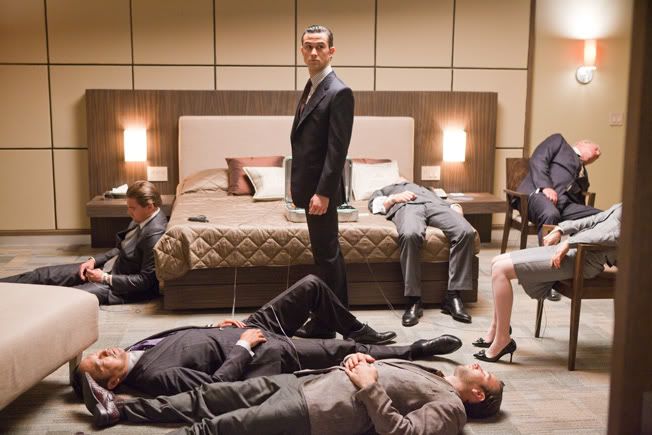
—Whare'd everybody go?RY, et al:
When WB encouraged Nolan to produce
Inception in 3D, he opted instead for IMAX. Nolan argued that IMAX allowed a more submersive experience than the disjointed, unfocused composition of 3D. Absurd as 3D usually is,
Inception's conceit to portray permeable, multivalent dreamworlds might've been the best candidate for it. There is something eerie and wrong about clear edges and sharp detail; where putting a dream on screen reveals the same contingencies and boundaries we know from waking life. Wouldn't the stark relief of foreground and blurred background of 3D better capture the tenuous, indistinct phenomenology of dreams? As Dom (DiCaprio) is at pains to emphasize to Ariadne (Page), it is not the details of the dream that matter, but the
feel.
My theatre experience of
Inception was hence an appreciative, but partial submersion. The best things to say about it bespeak Nolan's strengths: it looks fantastic, and Nolan is not afraid of challenging the audience to keep up, frame by frame, or risk losing the thread that tracks how we got here. In
Momento, we followed the thread backwards to see where Leonard (Guy Pearce) started, and his body bears the inscriptions to trace back our steps. Her name suggests Ariadne herself is
Inception's spindle of threat, anchored securely outside before unwinding as we progress deeper and deeper into the labyrinth.
Why these heavy-handed cues, though, Nolan? Given the film's refreshing willingness to dispense with almost any Basil Exposition of how the technology in
Inception's world works, I guess Nolan wanted blunt mythos more than techno-speculative theoreticals. Which is great, but so then what's the film about? Part cautionary tale (careful what you manipulate in the dreams of another, lest it come true), part Jungian safari (look, Fischer's P2 subconscious is set on Hoth!),
Inception is mostly a chance to give the movie screen a sorta (not really) new kind of depth, inspired by Nolan's idea of how characters in this fictional world might manage and manipulate multilevelled dream reality. In other words, Nolan takes the idea of layers of dream reality (dreams within dreams, where time and resistance slow down exponentially as we descend), and processes it through an onscreen analogy. The analogy is that reality is always checked by the body's morphology: we're assured of coming back up through the layers, so long as we can synchronize the body's kinetic interpretation of its true environment. The body can figure out where it is, even if the mind has lost itself.
It does make for an interesting way of tethering the characters to their various avatars, fragmented through multiple virtualities. Moreover, it lets Nolan design and realize those impressive set pieces (literally) turned upside-down by what's happening in the
first dream (and only sometimes by what's happening in waking life, as when Dom is plunged into the bathtub in the opening sequence). It also lets Nolan play around a little with the consequences, in psychological espionage terms, of how 2-dimensional mediums (paper or any flat surface; like, say, a movie screen) can
represent 3-dimensionality, but not without accruing paradoxes. And so Arthur (Gordon-Levitt) tips his surprised pursuer off one platform of the Escher-esque staircase, revealed by a camera move to be - hey! - severed from its next segment. These tactics remind us that
Inception's frames are all heist genre, right down to the usual dramatic tragedy of the lead character's superlative penchant for deceiving and stealing from others explained by - that's right - his own experience of guilt, loss, and betrayal. Ry is right on that this is geometry morseso than architecture, for we're dealing with the aporias of using 2-dimensional vantage points on 3-dimensional worlds. The problem of what's concealed and revealed how the subconscious interprets and exploits this unstable world, is Nolan's own infectious idea.
That he used this idea to stage a heist genre film is kinda interesting, but unless you find these picture/dreamwork puzzles engaging enough, the film is unsurprisingly generic. The dramatic structure follows Nolan's 2008 blockbuster
The Dark Knight, in terms of when and how the real film's peril and threat dawn. In
TDK, Nolan designed a gothic urban landscape, reaching a boiling point with the affects of entropic forces. The Joker's maniacal psychopathology twisted Harvey Dent's commitment to procedural justice, producing Two-Face's appetite for impartial, brutal chance. That film got to me, because I felt the peril of its threat to undermine - for real - the faith in the coherency of justice and political right (already shaky, but we avoid worrying about it). I loved that Nolan gave me that experience, and missed it in
Inception. Dom (maybe more Wantanabe's Saito) losing himself forever on the shores of P3 dreamworld just didn't have the same urgency and affect, as Joker blowing up our fragile dependence on the legitimacy of political right. Even Dom imperiling the team wasn't enough, because his emotional vulnerability was too cliche. I know it was corny, but
TDK scared me and convinced me that those civilians were going to blow up their inmate counterparts. Again, Nolan got me there. Whereas
Inception got me to Hoth. Meh.
—JKS
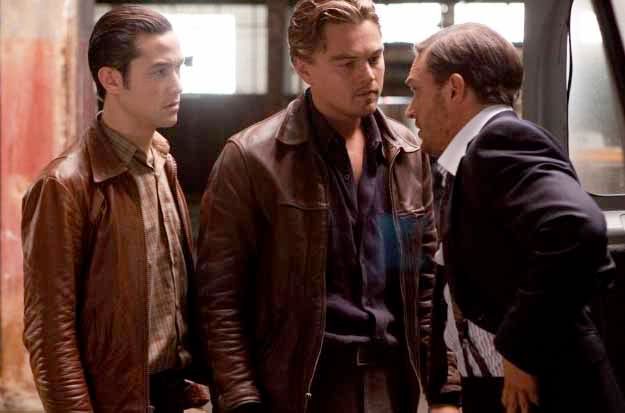
—Off the rack, really?Jen:
I'm at a disadvantage to start this thing because I simply don't value Nolan as you do. I'm afraid my replies may veer towards simple petulance without a lot of words about what it is I do like in movies as opposed to what it is I don't like in his movies in particular. So I'll just get this out of the way: Nolan's style bugs me, as it did with
TDK, because it's mostly a reliance on the volume levels of Hans Zimmer's score and Final Cut's dexterity. Put otherwise, it's loud and choppy. The best shot in the entire film is the one where the camera stays rooted to a dolly track pulling back down a hallway that's getting gimbaled around to fling its action—Joseph Gordon Levitt's the only graceful actor in the piece, too, fwiw, though Tom Hardy charmed me silly—against different surfaces. Which I hope gets us to your initial query: why
not 3D?
I'm with you: part of the fun of
Avatar was precisely because the 3D helped the immersive feeling, and played into the conceit of putting your mind into another body. Cameron directs the eye plenty, but the depth of field in and around that neon jungle felt great.
Inception, as it is, only immerses you by never stopping the soundtrack except to punctuate, making silence a clarity. Sure, the bedroom's often empty when I wake up. But, good grief, this isn't Lynch; Nolan's obsessed with score, not sound, and score's like a pointer; Lynch just drops the dread on you in bass tones; Nolan wants to control you. Yet every single one of Nolan's movies is vague enough that anybody with a hint of imagination can project
just enough to fill in the picture. At least Cameron's honest about his authority/autocrat aim. Nolan's a smoke and mirrors man. He already made his thesis statement with
The Prestige and it's largely successful because it's about his own methods and tactics, as close to auto-criticism as we'll get from him. That is, it's almost a mea culpa for "playing games" with his audience/s.
You'd think a movie about dreams, not magic, would be the one to offer analysis but if it does hold a mirror all it tells me is that Nolan likes guns, suits, symmetry, action movies, slow motion, the little particles (of glass or liquid, like rain) visible in slow motion, video games,
2001,
Raiders,
Empire (yes), talking, Michael Caine, being a dad, obvious metaphors and jejune psychology, home, being rich, and handheld cameras at all the wrong times. Can't really blame him. I like almost all those things. Hell, I enjoyed my time with
Inception, which I saw in IMAX at 9:30am when I could still swallow. I didn't find it confusing, but I did find it fun to see certain stunts (all the zero-g stuff in the hotel) and I'd feel compromised if I didn't tell you that stories about guilt get at me. But effective (or overpowering) filmmaking/scoring doesn't necessarily ring synonymous with exceptional. Especially when you've got Leo doing his best to sell all of that
other kind of exposition.
The most intriguing way into
Inception for me is through the other Leo film from earlier this year,
Shutter Island. I hadn't read the book (in part because I can't stand Lehane's idea of drama) so it was all a "surprise" (though it wasn't, either) and it all looked great in a way that no Nolan picture ever has, or will. That is, its images are better—and the images feed the other formal elements—and the score's better, too, while we're at it—and so is Leo. All of which is to say that Scorsese is a better director: he actually sets up spaces, limits, characters, and his dream sequences feel like dreams because they blend senses and burn into water through technicolor plasticity. They what? They work like dreams. They confuse but they make sense. They're part of a point of view. (The whole movie adopts Leo's fracturing, actually, which is another feather in its formal, bravura cap.) When that point of view is revealed as compromised it makes sense how it operated and the consequent scene in the lighthouse holds much more movie-movie weight (Kingsley as director/producer, movies as opportunities for emotional catharsis, movies as therapy) than anything in the dive-deep "ideas" behind/inside
Inception's take on the movies. —They're all action all the time? Violence everywhere always? A trap? Even idyll? Put otherwise, what's new here? It's a film of its sources exclusively. Anonymous cityscapes still look like cityscapes and an army of snowbound soldiers just looks like a level from
Goldeneye. Yet another angle, though
Cairns already said it: nothing that follows tops folding Paris into a circuit of no clouds.
But I've strayed from an actual, considerate response. I've just gabbed about me. The point being, I liked this one more than the Batman movies in large part because I like the tropes more. But it still doesn't "excuse" spatial incoherence (I know that it's a dream, but this movie's not interested in representing dreams, as you pointed out) or bad writing (Nolan's brother's not the problem after all) or a propensity to drag things out well past necessary (150 minutes again?).
Tell me I'm missing something.
—Ry

—But I'm from you...


![]()
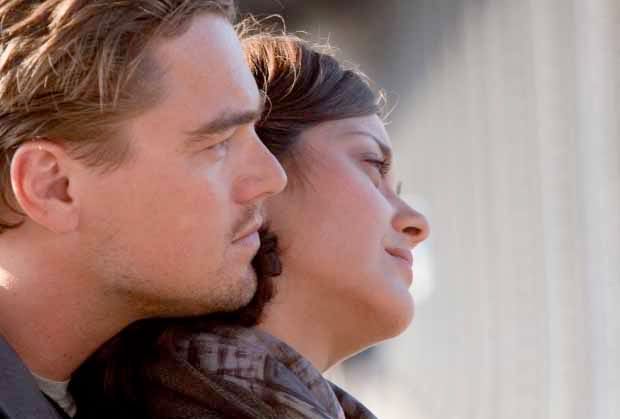
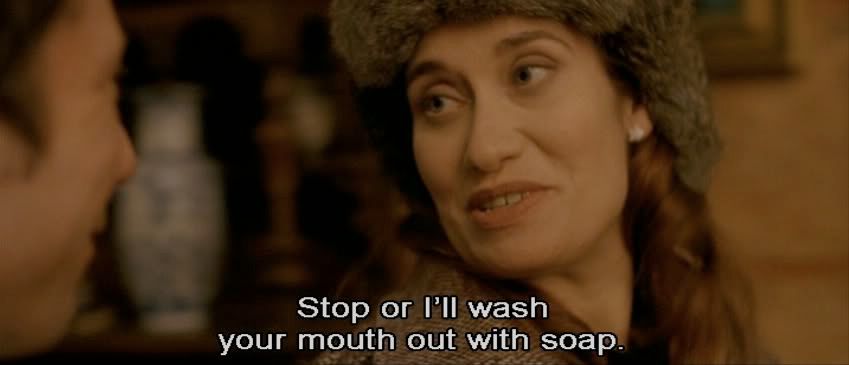

![]()
![]()



![]()
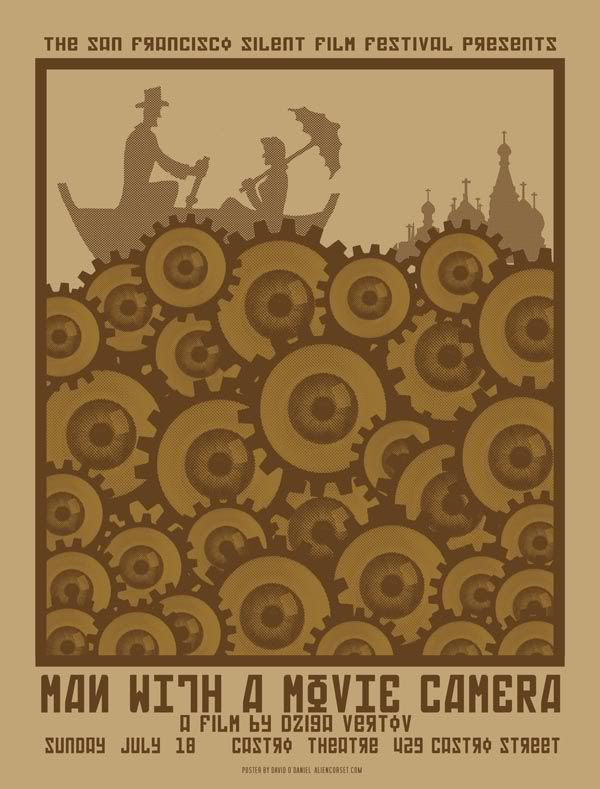
![]()
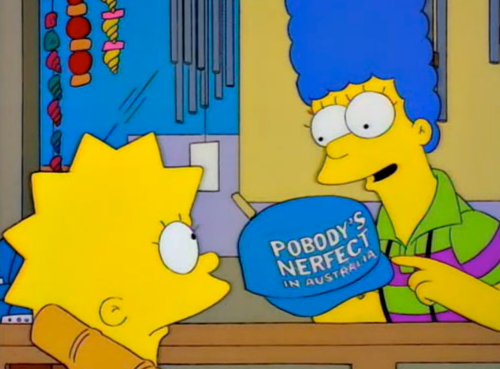
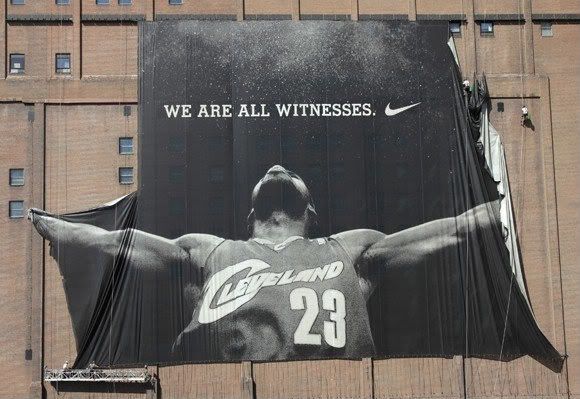
![]()
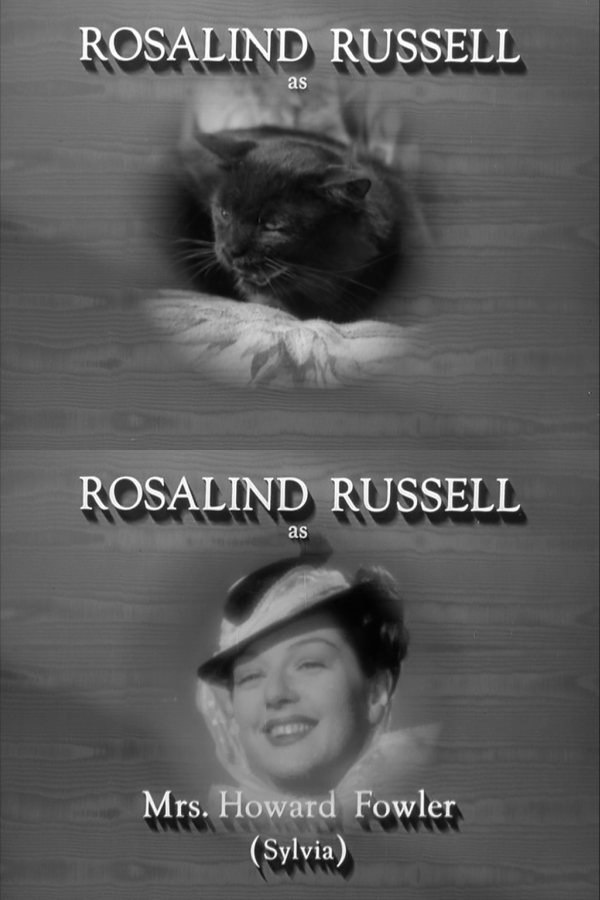
![]()

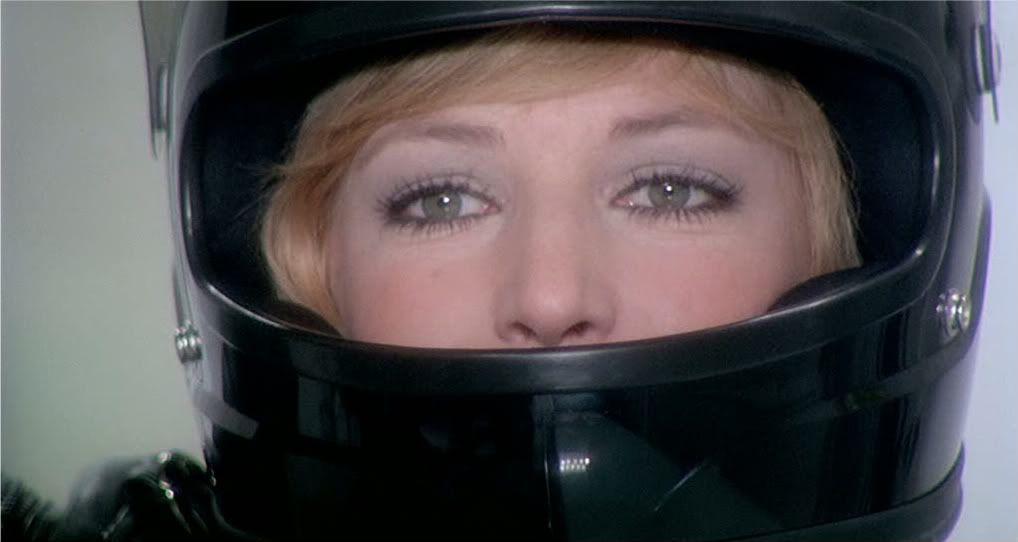
![]()
![]()